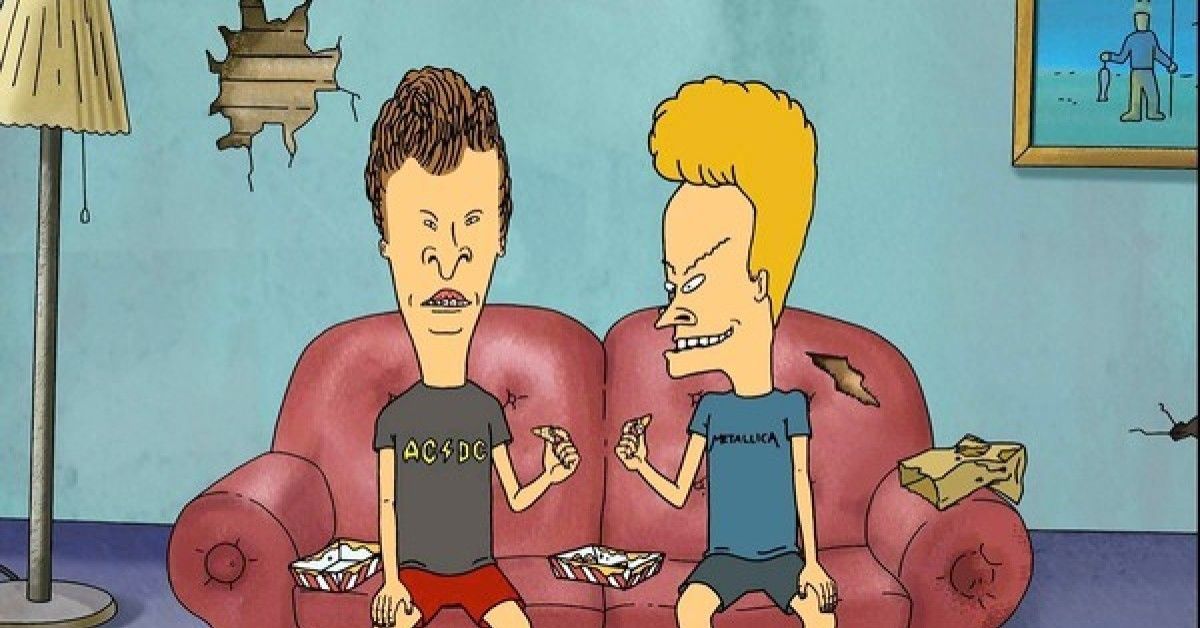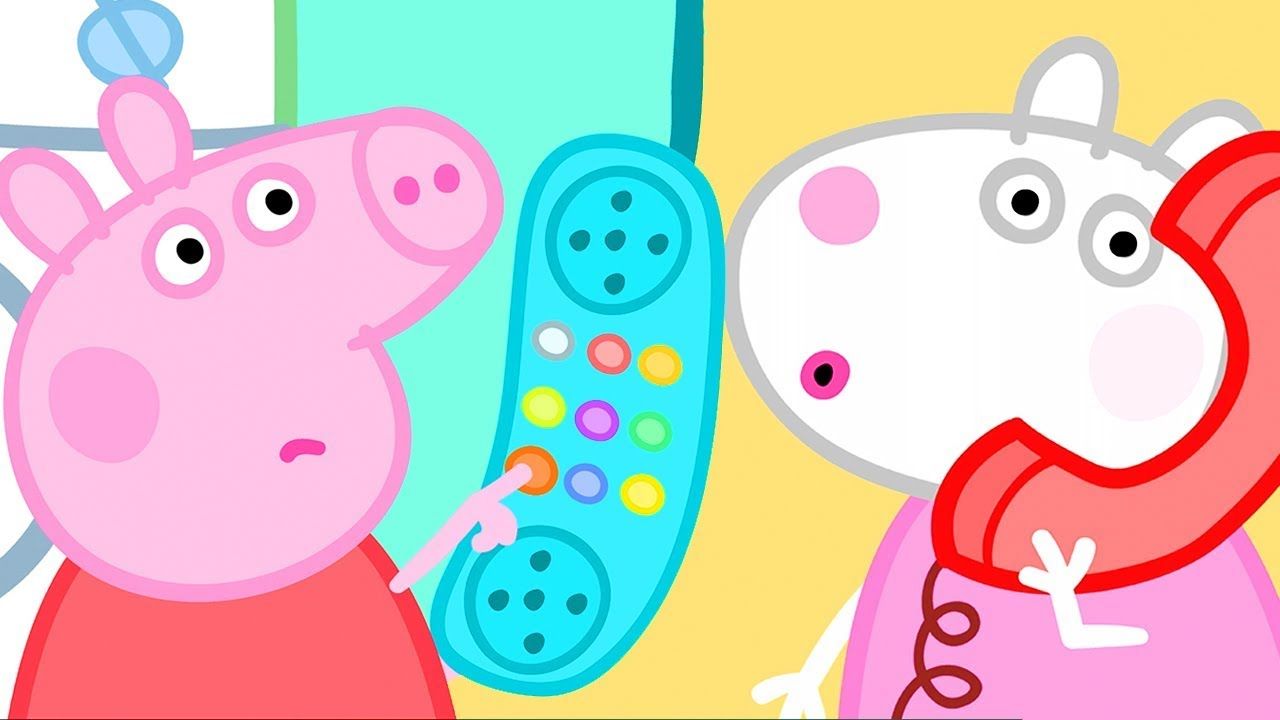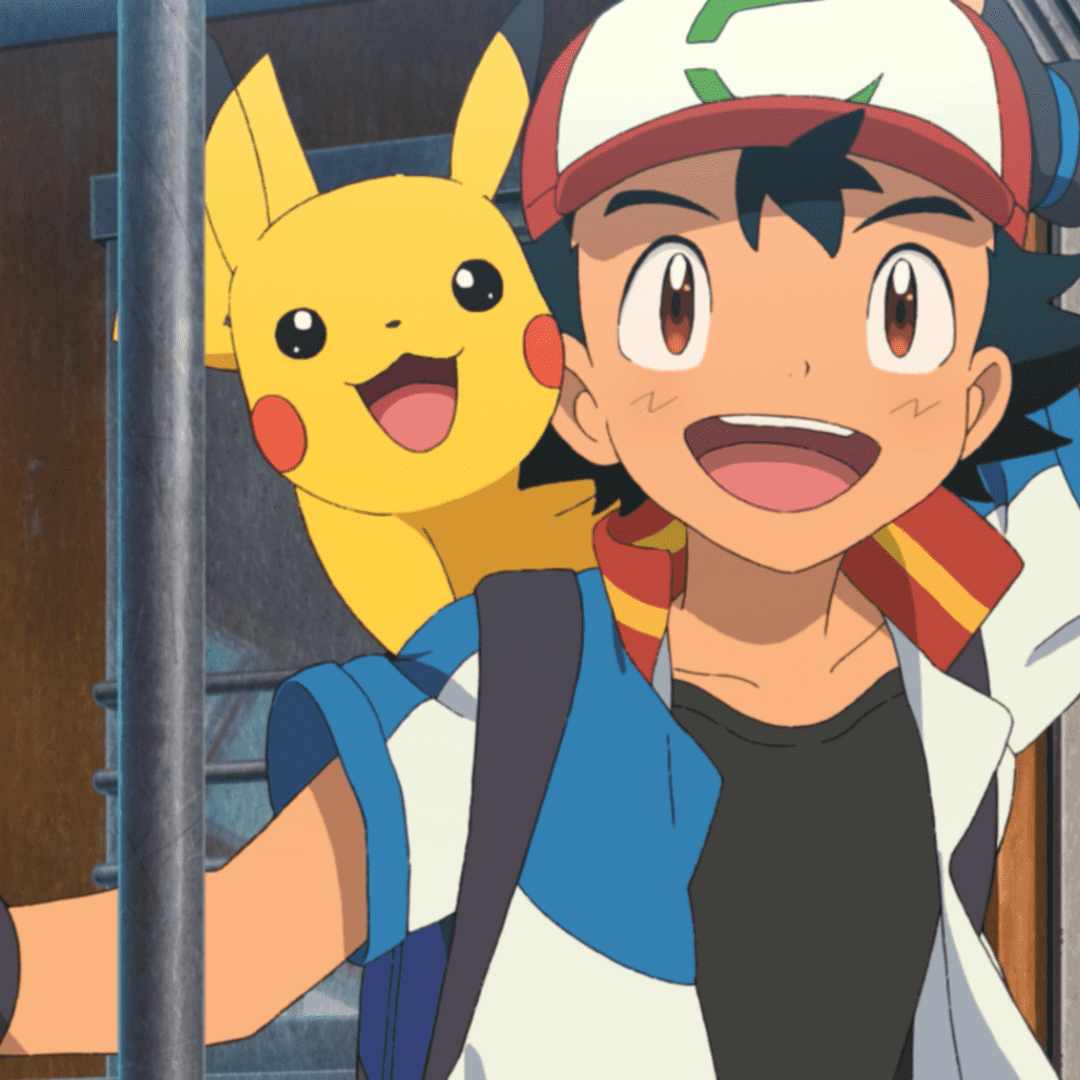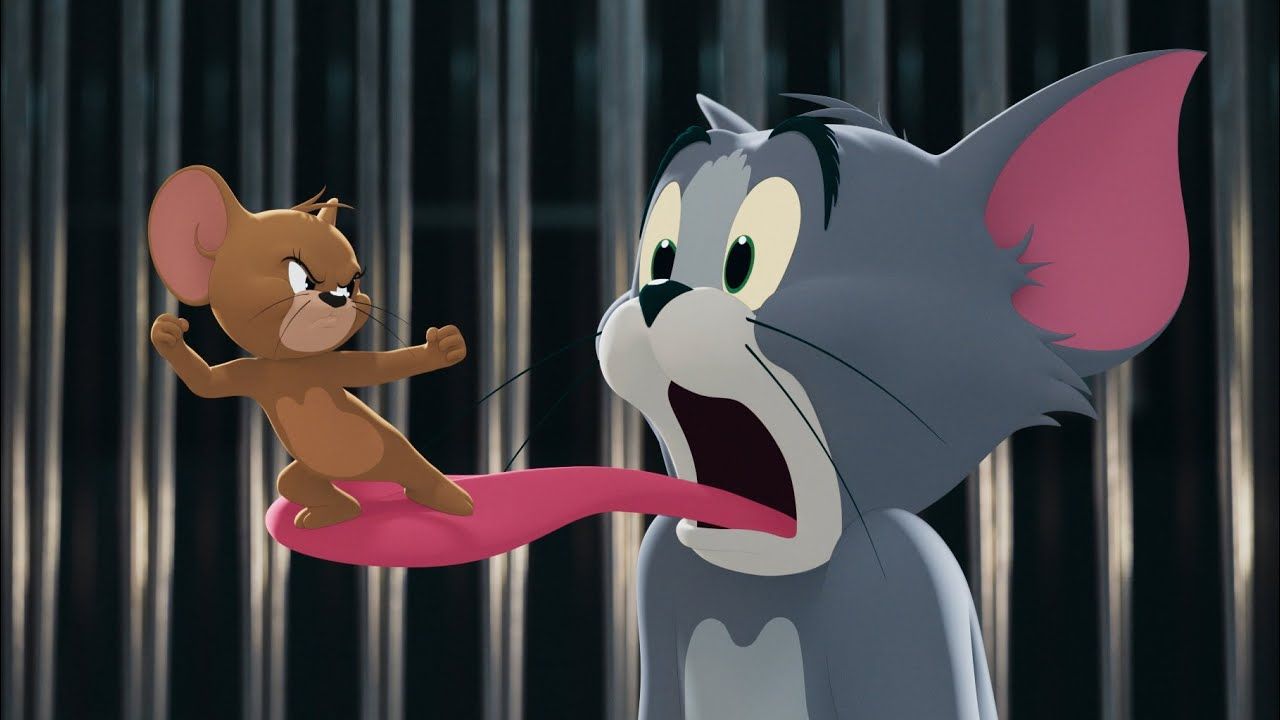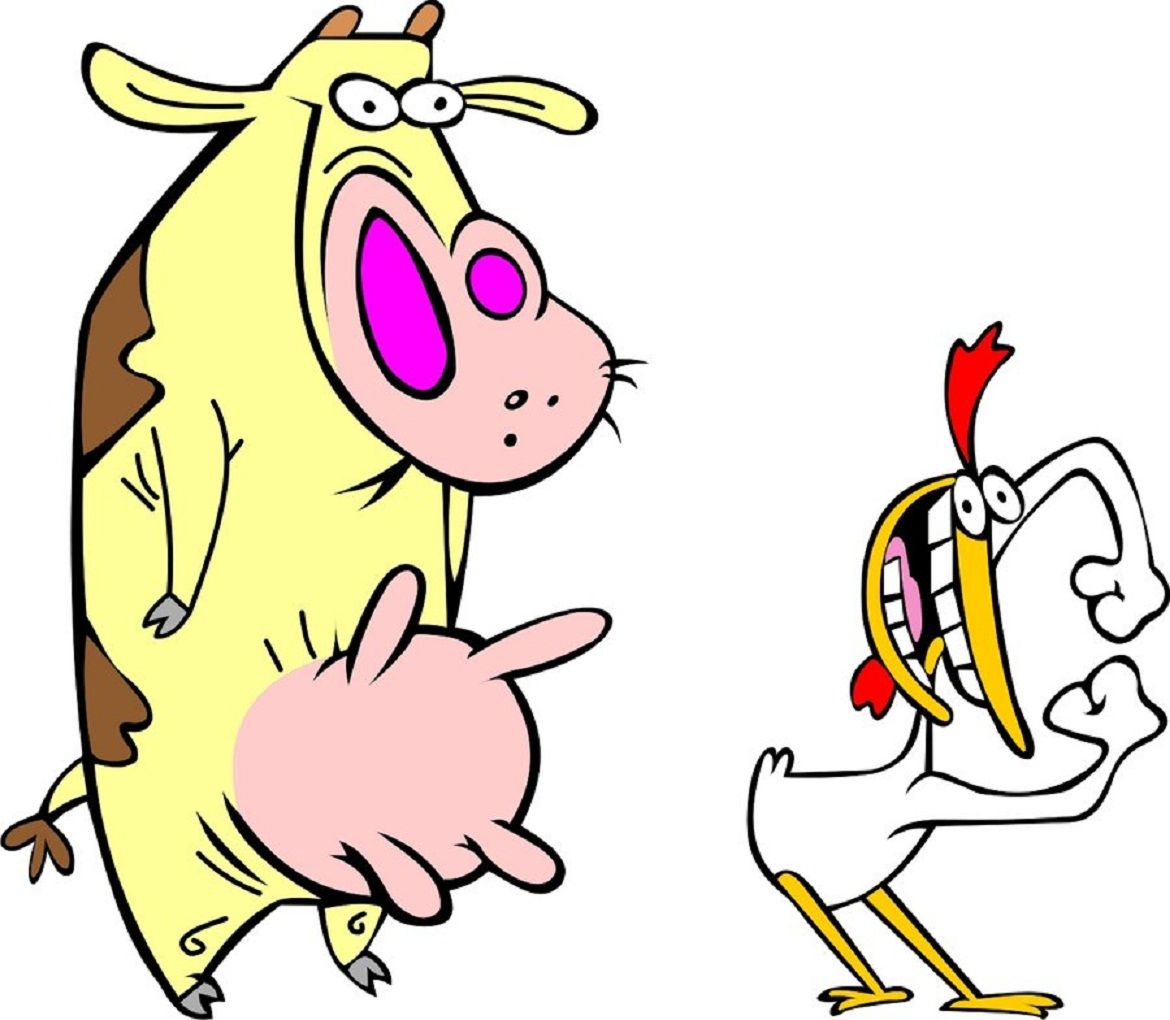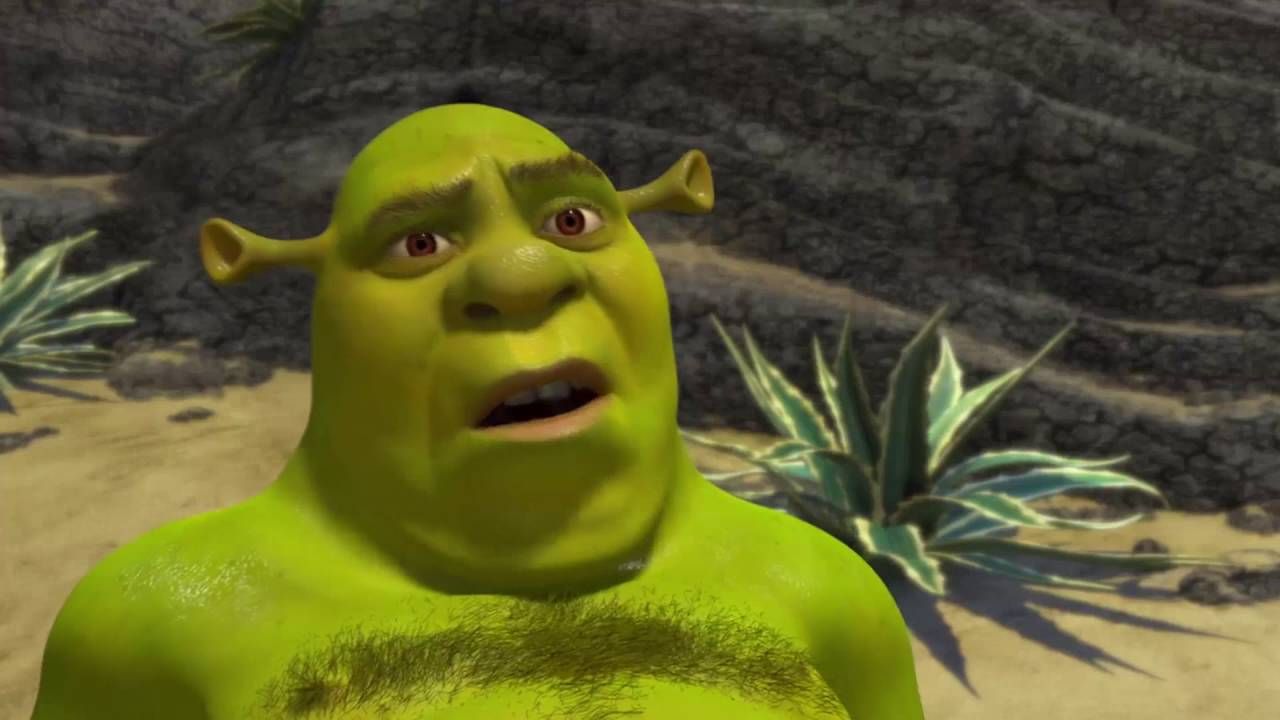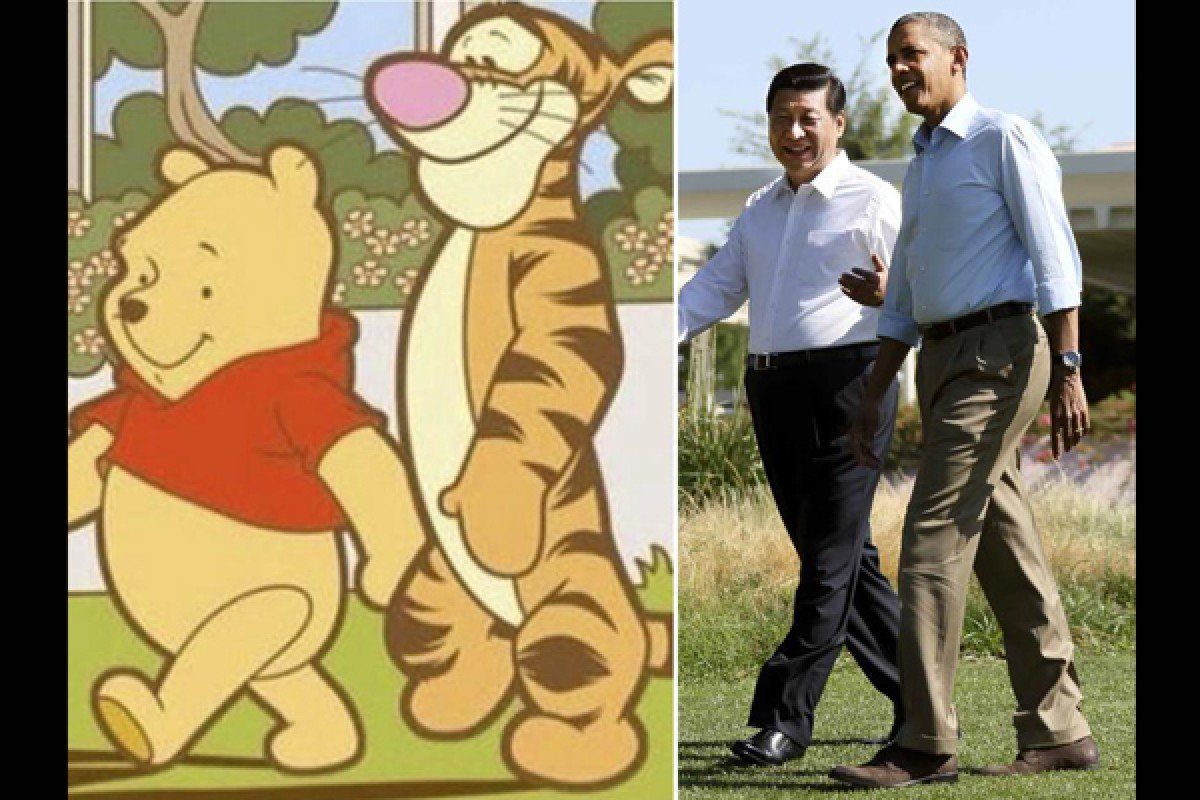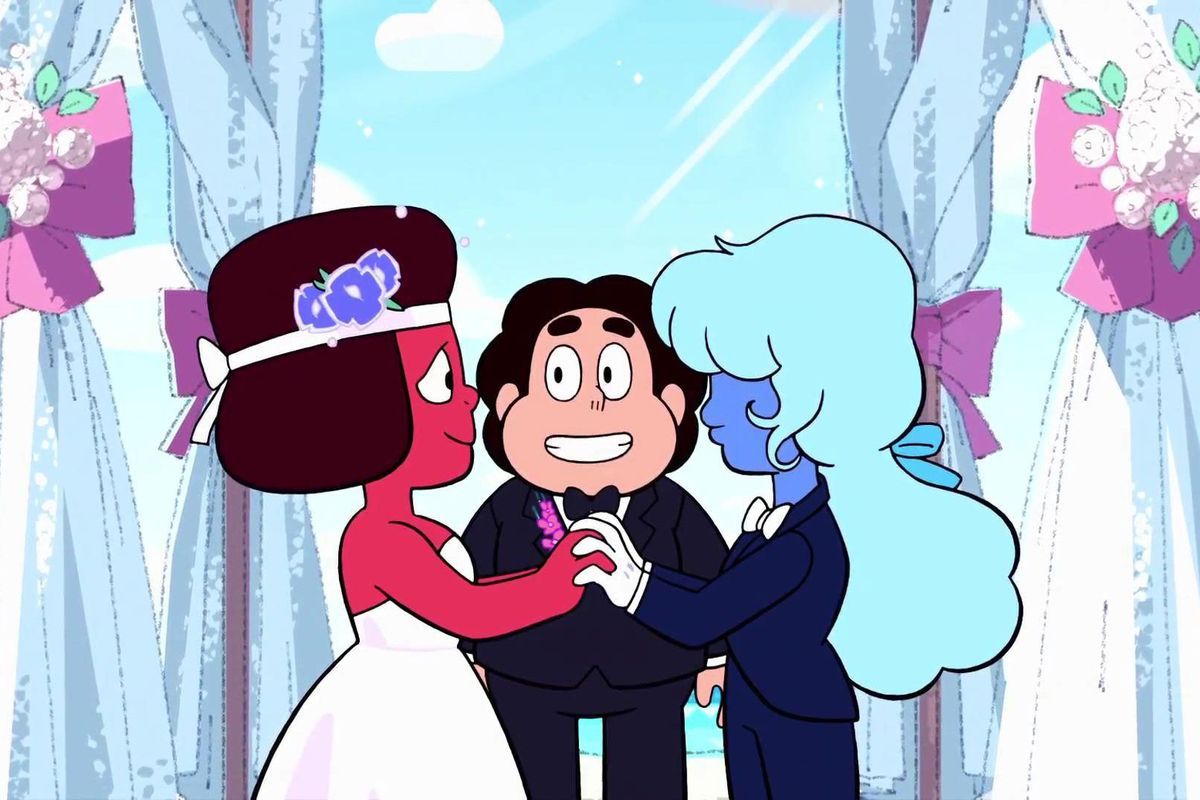Children and adults both love cartoons. We're sure that you have a list of your favorite animated series. Animated shorts have come a long way since the first cartoon came out in 1908, entitled Fantasmagorie. Adults now even have animated series that aren't child-friendly, such as Family Guy, The Simpsons, South Park, Futurama, and The Boondocks. The list could go on forever.
Then, there are child-friendly cartoons, such as The Powerpuff Girls, where the writers manage to slip in adult jokes. Creators understand that it's the visual imagery that draws children in, but the writing keeps parents entertained enough to watch a show with their children. Some leaders of particular countries were able to pick up on hidden innuendos and decided that they didn't want the underlying implications to affect young viewers. Here are ten cartoons that some countries banned and the reasoning behind these choices.
11 'Peppa Pig' - Banned In China and Australia
Peppa Pig is undeniably hilarious. In one episode, the titular character savagely hangs up on her friend Suzy Sheep because she can whistle, but Peppa Pig cannot. It's not that China decided to scrub these videos from its video-sharing platform called Douyin because of Peppa Pig's savagery displayed in the cartoon. However, people walked around with Peppa Pig tattoos and created pornographic and dark-toned memes associated with the animated series.
According to Global Times, leaders in China believed this show and its memes and merchandise promoted a gangster subculture of slackers and poorly uneducated people. Why was Peppa Pig banned in Australia? One word: spiders. Spiders are poisonous and deadly in Australia, and in one episode, Peppa Pig lived with a spider and informed children that spiders wouldn't harm them.
10 'Pokémon' - Banned In Saudi Arabia
Even if you never watched Pokémon and Ash on his creature-capturing adventures, you've probably seen the show's adorable yellow mascot Pikachu. If you are familiar with this show, you're probably wondering why any country found this seemingly innocent show harmful. The entire series was banned in Saudi Arabia because they believe that the show promotes Charles Darwin's Theory of Evolution, which goes against fundamentalist Islamic doctrine. According to CBR, Pokémon Go!, the once-popular game, was also banned in any Islamic country because the fatwa believed it promoted gambling and polytheism.
9 Tom And Jerry - Banned In Various Parts Of The World
This beloved cartoon created in 1940 was undeniably entertaining but very violent. You may have guessed that this cartoon was banned in several parts of the world due to the violent fights between the titular cat and mouse. Many countries wanted Jerry held accountable for the harm that he inflicted on Tom. But wait, there's more! Some countries banned some episodes or deleted particular scenes because the show, like The Flintstones, promoted smoking. The cartoon also showed alcoholism, substance abuse, and some countries wanted the show removed for racist imagery, such as the show's early character Mammy Two Shoes. However, the violence is the primary reason behind the cartoon's negative criticism.
8 'The Simpsons': Banned In China
The Simpsons is one of the longest-running cartoons of all time, next to Looney Tunes. Most people understand that there isn't anything kid-friendly about this satirical cartoon. Why was the cartoon banned in China? The Simpsons is famous for taking jabs at anyone and everything, including China. Chinese officials did not appreciate the mockery or the Free Tibet Movement that Lisa Simpson promoted. They also dislike that Tibet Town, an area in Chinatown in the cartoon, has barb wires around it.
7 'Beavis And Butt-Head' - The United States And All Over The World
According to The New York Times, In 1993, a five-year-old boy set fire to his Ohio home, and as a result, his two-year-old sister passed away. The little boy's mother expressed that his love for Beavis And Butt-Head prompted him to commit arson. In The Comedians episode, the titular character Beavis set different things on fire, and the little boy imitated what he witnessed. MTV wiped all episodes depicting this from television until 2011. Plus, countries all over the world didn't care for the duo's disorderly behavior.
6 Cow And Chicken - Banned In India And The United States
The Cartoon Network's show Cow And Chicken was famous for its slapstick comedy at the titular character, Cow's expense. Indian culture finds the cow to be a sacred animal in Hinduism. The cartoon no longer appeared on-air because of the show's mockery of Cow and the show's gross-out jokes and sexual innuendos. There is also a banned episode of the show titled Cow And Chicken Reclining that did not please the LGTBQ community due to lesbian stereotypes. In the episode, the Buffalo Gals, a biker gang, had buzzcuts and bodies drawn in a masculine fashion.
5 'Shrek 2' - Banned In Israel
In Shrek 2, there was a joke that slipped in about castration, and Israeli singer David D'or decided to sue because he was on the receiving end of his joke. In the Israeli-dubbed version of the film, one character threatens to "do a David D'or " on another character, implying that D'or was a eunuch because of his high-pitched voice. D'or won the case, and the line ended up changing to "let's take a sword and neuter him."
4 'Winnie The Pooh' - Banned In China
Many fan fiction theories came out about the beloved children's show Winnie The Pooh, such as the show's characters representing different mental illnesses such as depression and OCD. However, this was not the reason China's leaders banned the cartoon. The cartoon's memes were the issue versus the show itself. People compared Pooh's appearance to President Xi Jinping, and the government did not find it funny. A meme depicted Jinping as Pooh and Barack Obama as the hyperactive character Tigger.
3 'Steven Universe' - Banned In Kenya
The Kenya Film Classification Board banned Steven Universe and many shows and cartoons that support the LGBTQ+ community. In Steven Universe, the show depicts couples Ruby and Sapphire and Pearl and Rose Quartz in lesbian relationships. NPR reported that Neela Ghoshal, an LGTBQ rights researcher, found that Kenya's courts consider same-sex couples as second-class citizens and that this lifestyle is illegal and punishable by law.
2
1 'SpongeBob SquarePants' - Over 120 Countries
Many SpongeBob episodes have not been available for viewing pleasure in various countries. For example, the episode Kwarantined Krab didn't air in The United States due to the global pandemic's sensitivities. Many countries also didn't take well to the Sailor Mouth episode, where dolphin sounds censor the characters using curse words. Many countries dislike the foul language promoted in the show and its violence.

